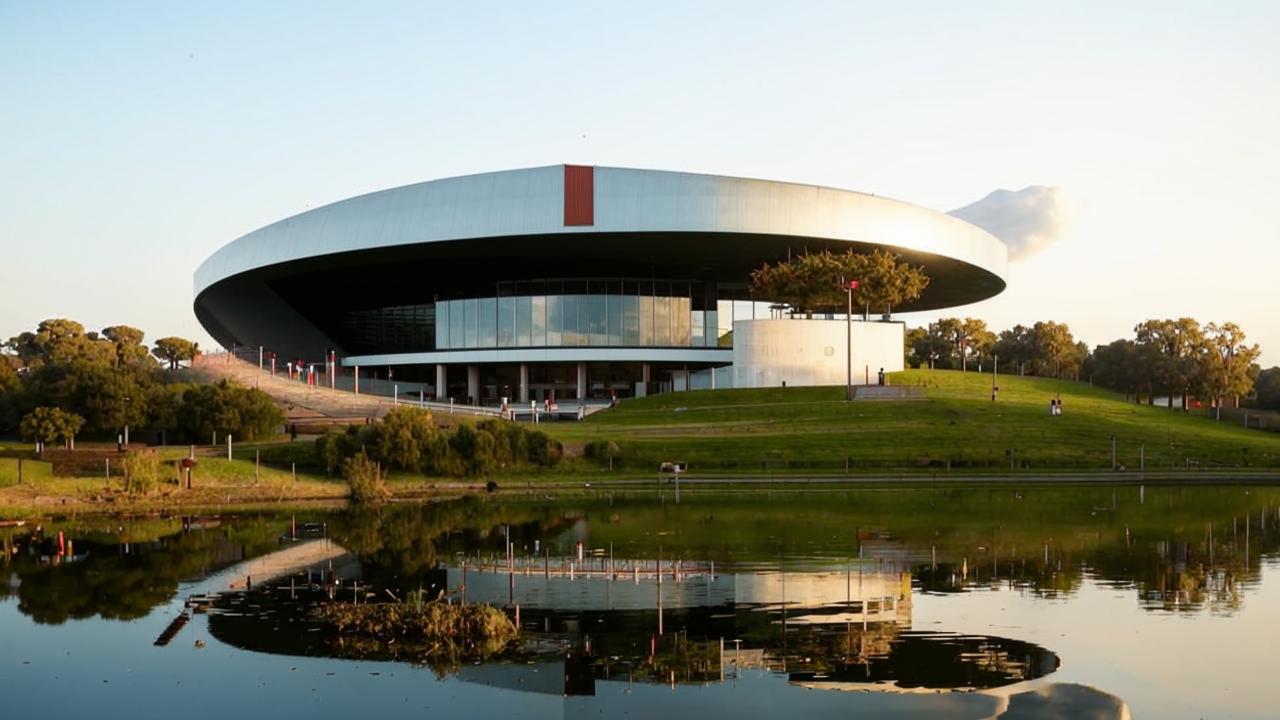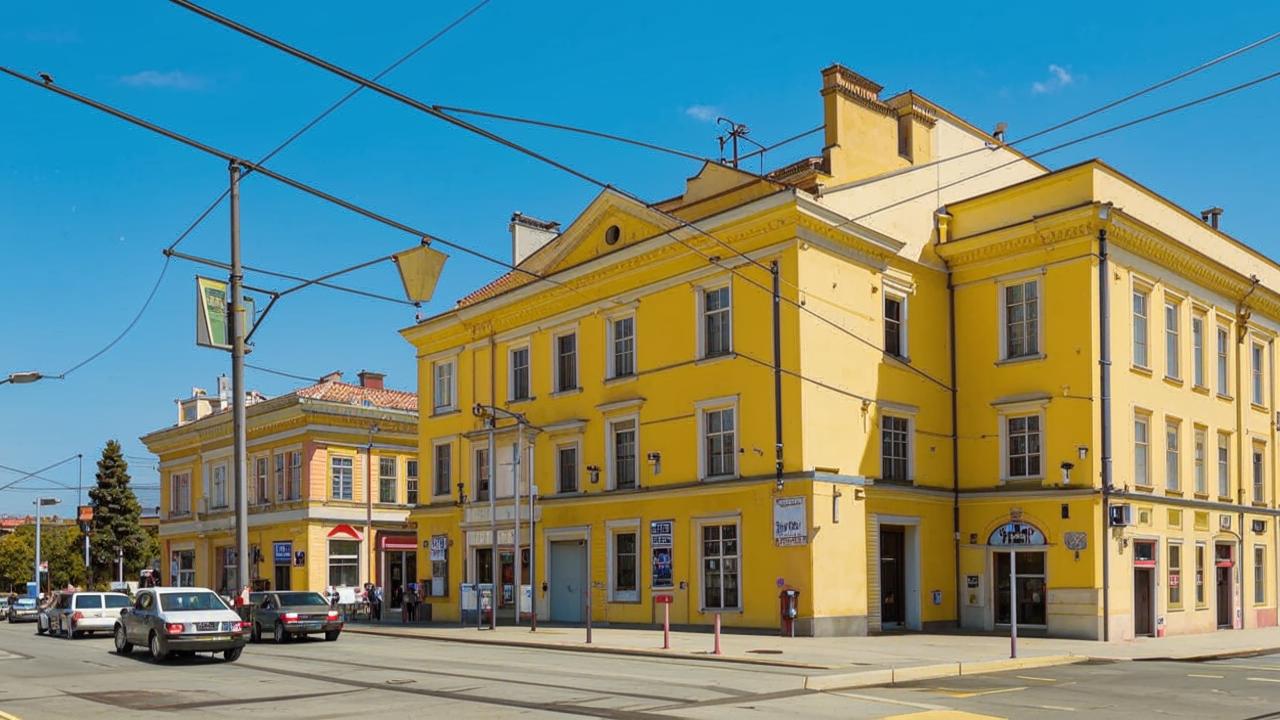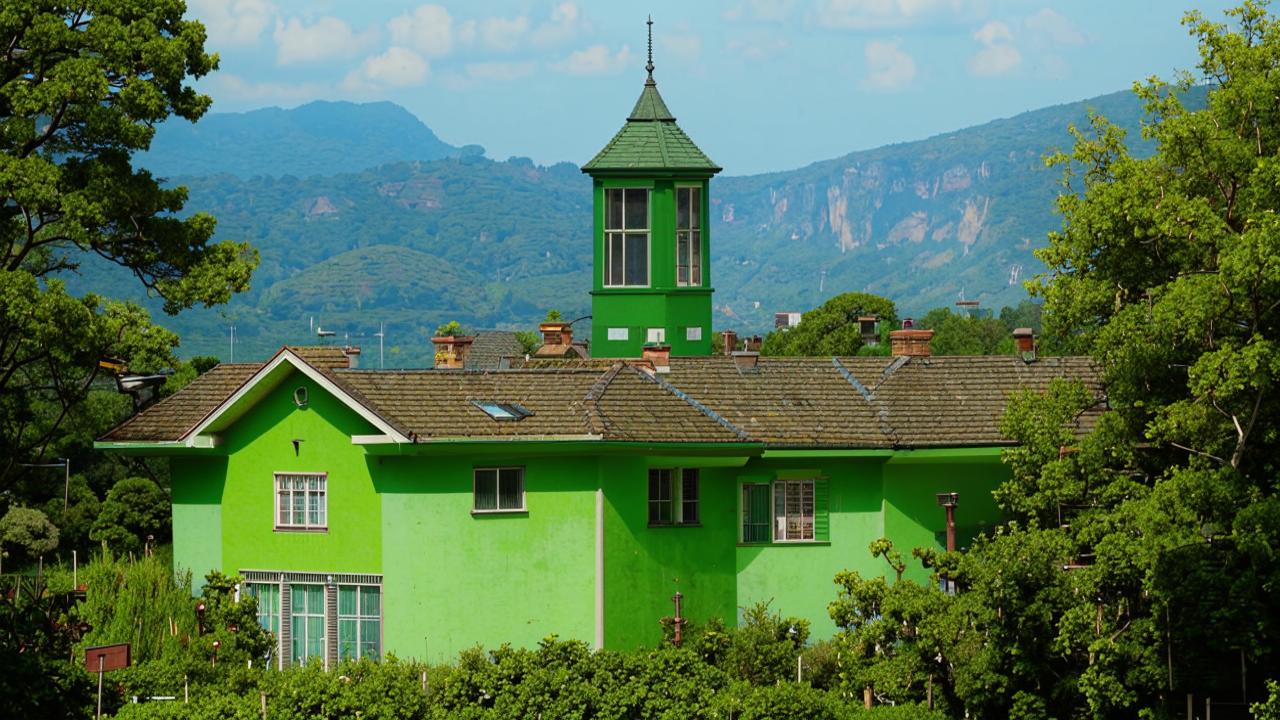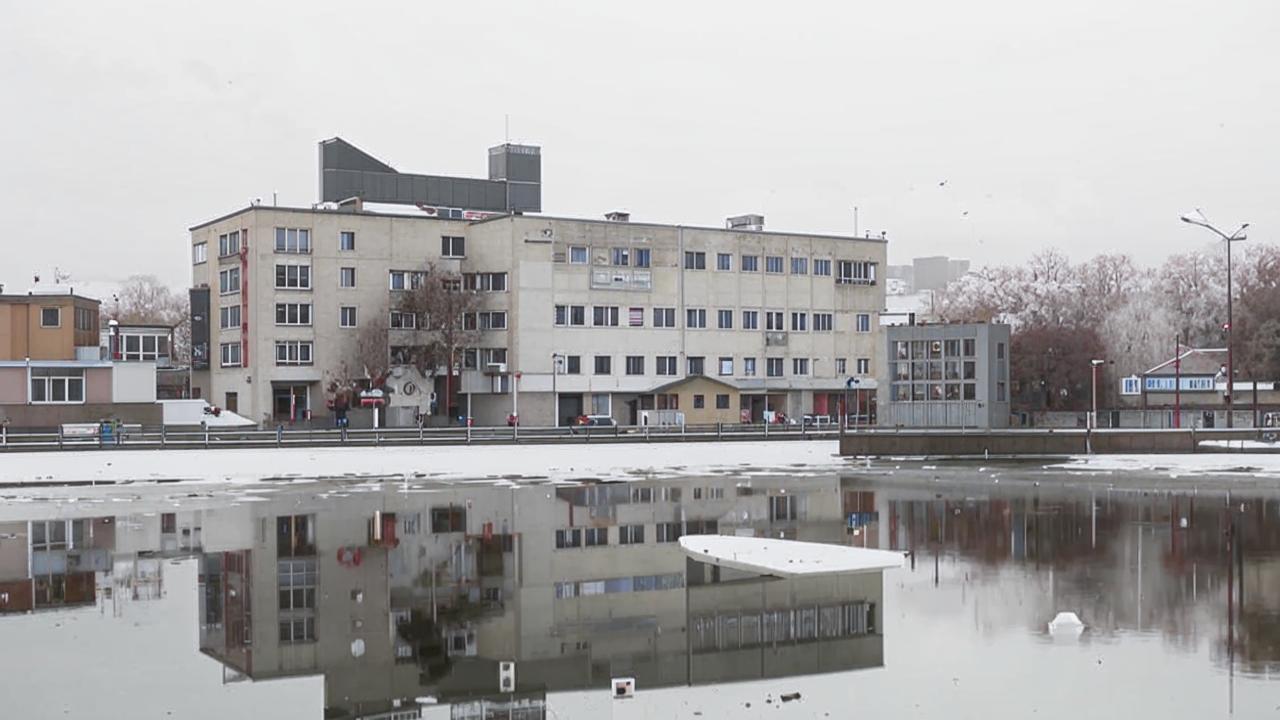
Pro-Visioni president, Vinogradov.story kogukonna autor
“In Russia and beyond its borders there are many places surrounded by mysticism, legends and legends. Everything that cannot be explained has been scaring people since ancient times, but at the same time it has been incredibly attractive. For those who are looking for a thrill, I suggest a few addresses and buildings, the facades of which hide something mysterious, enigmatic and unrecognized”.
Ancestral curse of the inhabitants of the Yusupov Palace
One of the most luxurious palaces in St. Petersburg, the Yusupov Palace is also one of the darkest. The glory of the Yusupovs rumbled far beyond the borders of the Northern Capital, but paradoxically nowadays the princely family is more often remembered in connection with tragic events.
It is said that there is a curse on the Yusupov family: in each generation only one of the heirs will be allowed to grow up and die in old age – the rest will die in their youth. And the story of Grigory Rasputin’s murder in the palace on the Moika still raises many questions and quiet disputes. The Yusupov mansion is a unique place without exaggeration.
The luxurious decoration and magnificent interiors try to distract attention from the anxiety in the air, but it does not always succeed – and on leaving the palace you just want to stand in silence and take a few deep breaths.
“The Phantom of the Opera” in the Izhevsk theater
The legendary Parisian theater from Gaston Leroux’s Gothic novel has a plot “twin” in Izhevsk. According to legend, the State Opera and Ballet Theater of the Udmurt Republic was built in a “bad” place – where sacrifices were performed in ancient times. This explains the frequent incidents in the theater – more often quite mundane, but sometimes tragic.
A popular story among Izhevsk theatergoers is about a young actress who was very unlucky with roles. And when the chance to go on stage in the lead role finally fell out, there was a collapse of scenery. Debutante died without hearing the applause. And in the corridors of the theater wanders her ghost, adding a drop of gloomy solemnity to dramatic productions.

Udmurtia Opera and Ballet Theater
The Queen of Spades’ mansion on Malaya Morskaya Street.
Where else are so many brilliant and mysterious mansions concentrated as in St. Petersburg? On one of its central streets, Malaya Morskaya, a couple of centuries ago lived Princess Natalia Petrovna Golitsina, who inspired Pushkin to create the image of the Queen of Spades. It was she who suggested to her grandson, who was a friend of Pushkin, the plot of the mystical story – and maybe the legendary combination of “three, seven, ace”.
However, it turned out to be a win-win for the author himself, on whom another wave of admiration fell after the publication. The Countess lived in the house on Malaya Morskaya until she was very old, after which it was first given to Count Chernyshev, and after the revolution – for the needs of the Red Cross.
Now the city polyclinic is located here. But if you wish, you can see the panelled doors, the fireplace mirror, and even the spiral staircase by which Hermann left the mansion after his date with Lisa.

Mansion on Malaya Morskaya
The leader’s ghost: Stalin’s dacha on Lake Ritsa
Against the background of numerous nomenklatura residences, Stalin’s dacha on Lake Ritsa looks unusually restrained and modest: only two floors, wood, compressed air with a hint of mustiness and the feeling of a long abandoned dwelling.
But the general secretary loved this dacha, visited it quite often and, if rumors are to be believed, still visits it at night – otherwise how else to explain creaking floorboards and strange shadows on the stairs?
After Stalin’s death the Abkhazian dacha appealed to “first lady” Raisa Gorbachev, but she could not live here – she constantly felt inexplicable anxiety and heard mysterious footsteps. And in the 90s the building survived only by a miracle – is this not a sign that the dacha is under inexplicable reliable “protection”?

Stalin’s dacha
Shadows of the House on the Embankment
Conceived as a model of a bright communist future, the House on the Embankment was long considered the most desirable Moscow address – until it became the most frightening. Soviet power was quick to create new heroes, but just as easy to destroy them. And the late 30s became associated with the House on the Embankment as firmly as with the camps and exiles.
In one building, under one roof, lived the victims and their executioners, ready to switch roles at any moment. A ringing silence hung over the house: they were afraid of denunciations. And what happened in the cellars of the House on the Embankment became known from urban legends. And it still is: even today, new and new facts about the “prisoners” of the legendary house regularly surface.

House on the Embankment
Ghost Aul Gamsutl
The village of Gamsutl in Dagestan is considered one of the oldest settlements on the territory of Russia. And even 50 years ago, life was boiling here: people lived here, stores and hospitals worked, a mobile movie theater stopped by. All this happened against the background of high-mountainous landscapes and ancient stone buildings, literally at the very clouds.
But in the middle of the 20th century the village was abandoned. Since then, Gamsutl is surrounded not only by mountains, but also by many legends and speculations, among which there are frankly fantastic ones. However, it is not so much historical or mythological facts, but the very atmosphere of forgetting and oblivion that disposes to this.






